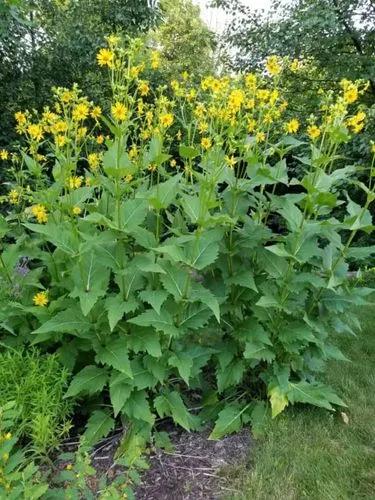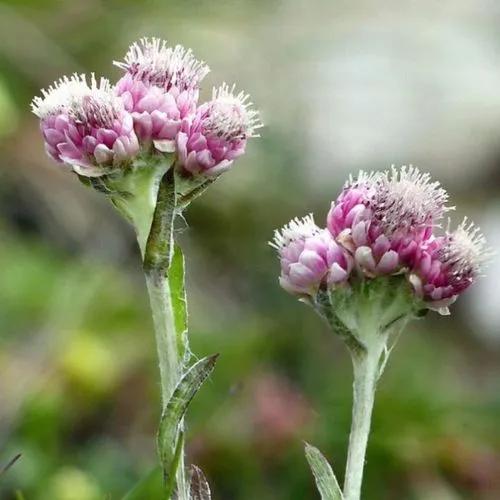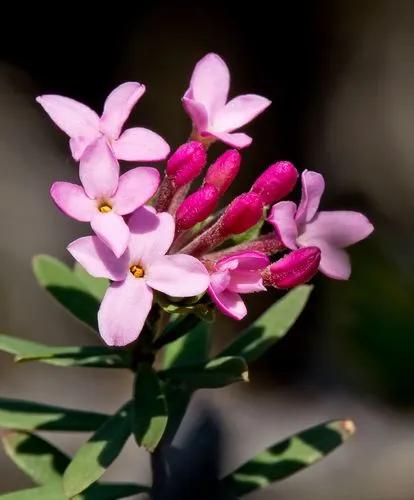White onion or Allium cepa (“sweet onion”) are a cultivar of dry onion which have a distinct light and mild flavour profile. Much like red onions, they have a high sugar and low sulphur content, and thus have a relatively short shelf life.
White Aweet Onion Care
Allium Cepa 'white Onion'



How to Care for the Plant

Water

Onions need regular water to support the swelling of the bulbs. Give them 1 inch of water per week, but don't overwater or allow the bulbs to sit in soggy soil, since this can lead to bulb rot.

Fertilizer

Onions are fairly heavy feeders. Fertilize them every few weeks with a high-nitrogen fertilizer to support leaf growth, which will produce big bulbs (onion bulbs are actually modified leaf structures). Withhold feeding at the point where the onion bulbs begin to push the soil away.

Sunlight

Onions need full sun—at least six hours per day—in order to properly grow. With onions, the more sunlight the better.

Soil

Proper soil is the key element to growing onions successfully. The soil needs to be extremely well-drained—even sandy—but also needs to have a good deal of well-decomposed organic material in it. Onions prefer a slightly acidic to neutral pH—6.0 to 7.0.

Temperature

One reason onions are considered somewhat hard to grow is that they are cool-season vegetables but also take a fairly long time to mature (90 days or more). Further, they do not really begin growing well until outdoor temps have reached an average of 50 degrees or so. This is why onions are generally planted from sets rather than seeds—seeds simply don't have enough ideal growing time to fully mature. Optimal growing conditions for onion foliage is 68 to 77 degrees Fahrenheit. This will lead to rapid, full growth of the edible bulbs.

Additional

Onions contain a compound known as N-propyl disulfide, which causes a breakdown of red blood cells in dogs and cats. A pet that develops a taste for onion leaves or bulbs may suffer serious anemia.

Popularity

759 people already have this plant 140 people have added this plant to their wishlists
Discover more plants with the list below
Popular articles






